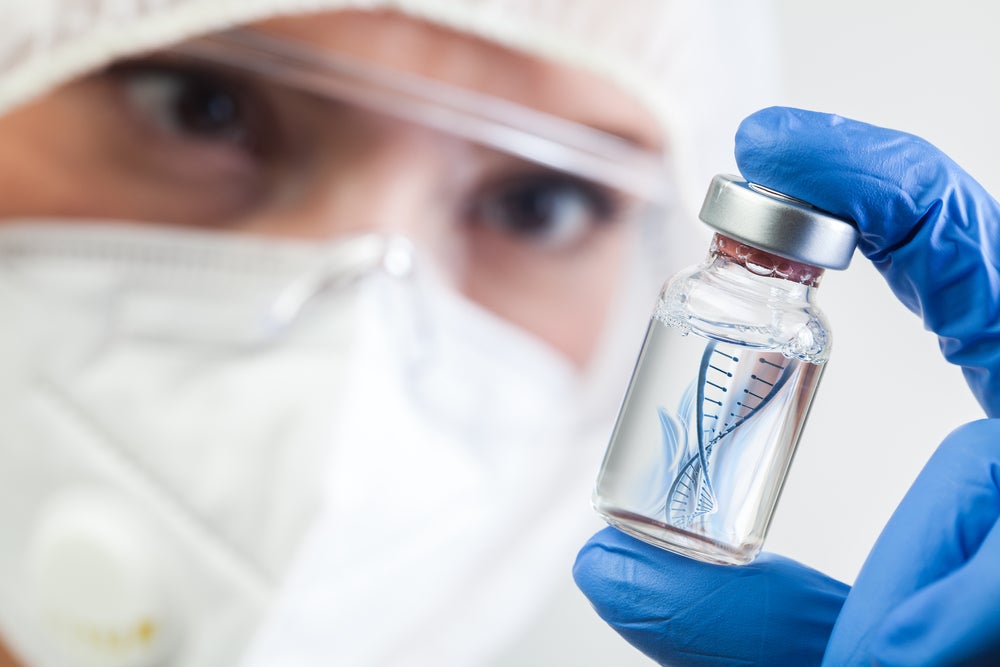
The UK’s National Institute for Health and Care (NIHR) Research has announced plans to award £97.5m ($118.6m) over five years to help fund research projects nationwide.
The new Research Support Service (RSS) is aimed at providing free and confidential support, advice and expertise for all researchers in England working within the organisation’s remit.
The funding will provide $36.5m for specialist centres to supply expertise in public health research. The NIHR said that the new service will assist at every stage, from pre-application to post-award delivery.
The RSS is a replacement for the NIHR Research Design Service (RDS) and supports funding for Clinical Trials Units (CTUs), which ended on 30 September 2023.
Professor Marian Knight, scientific director for NIHR Infrastructure, said: “At NIHR we know that funding the best health, public health and social care research requires effective support for researchers to help develop their projects and ensure they lead to real impact for patients and the public.
“The RSS will allow us to offer comprehensive expert support at all stages to researchers all over England, to ensure that publicly-funded research is the best it can be.”
The NIHR RSS is set to be delivered collaboratively through eight RSS hubs across England. Each hub is a partnership of local research groups and organisations.
Some of the services on offer include pre and post-award advice from methodologists, advice on patient and public involvement, developing and delivering inclusive research as well as support for clinical trial development, among other options.
The organisation has also said that in 2024, an NIHR RSS National Collaborative Strategic Lead Function will be established to provide some form of management across the eight regional hubs.
The move comes in hopes of encouraging and streamlining research projects in England, especially after the Association of the British Pharmaceutical Industry (ABPI) reported that the number of industry clinical trials started in the UK each year dropped by 41% between 2017 and 2021.







